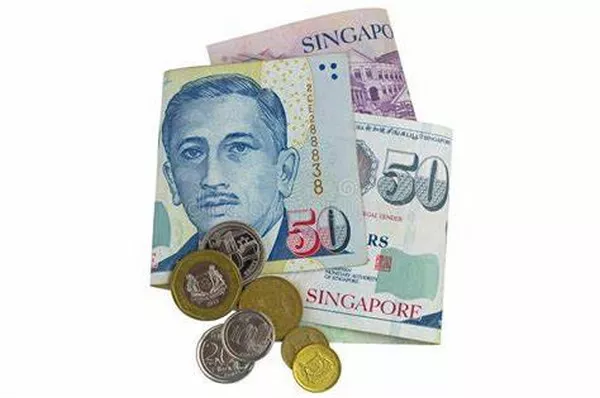Brunei Darussalam is a small, oil-rich sultanate in Southeast Asia with a population of just over 400,000 people. The country has a long-standing currency peg with the Singapore dollar, which dates back to 1967 when Singapore was still part of Malaysia. In this article, we will explore why Brunei chose to peg its currency to Singapore and what benefits and risks this arrangement presents.
The Historical Context of the Peg
Before exploring the reasons behind the currency peg between Brunei and Singapore, it is important to understand the historical context that led to its establishment. In the early 1960s, both Brunei and Singapore were British colonies. When Singapore gained independence from Britain in 1965, it joined Malaysia as a member state. However, tensions between the two territories soon arose, and in 1967, Singapore left Malaysia to become an independent nation.
At the time of Singapore’s departure, the Malaysian ringgit was the official currency of both countries. However, the value of the ringgit was highly volatile due to political instability and economic uncertainty in Malaysia. To ensure stability and promote trade, Brunei decided to peg its currency to the Singapore dollar instead.
Benefits of the Peg for Brunei
Brunei’s decision to peg its currency to the Singapore dollar has brought several benefits to the country. Firstly, it has provided Brunei with a stable exchange rate, which has helped to promote confidence in the economy and attract foreign investment. The peg has also made it easier for Brunei to conduct international trade, as businesses can more easily calculate the costs of cross-border transactions.
Secondly, the peg has helped to protect Brunei against inflation. As the Singapore dollar is backed by one of the strongest economies in the world, its value tends to be more stable than that of smaller currencies like the Brunei dollar. This means that Brunei can avoid the negative effects of inflation, such as rising prices and reduced purchasing power.
Finally, the peg has allowed Brunei to benefit from Singapore’s strong financial system. Singapore is home to many reputable banks and financial institutions, which provide a range of services and investment opportunities that may not be available in Brunei. By pegging its currency to the Singapore dollar, Brunei has been able to tap into this financial market and access funding at more favorable rates.
Risks of the Peg for Brunei
While the currency peg has provided several benefits to Brunei, it also presents some risks. One of the main risks is that Brunei’s monetary policy is tied to Singapore’s. This means that any changes made by the Monetary Authority of Singapore (MAS) to its interest rates or currency reserves will have a direct impact on Brunei’s economy. This lack of control over its own monetary policy could limit Brunei’s ability to respond to economic shocks and fluctuations.
Additionally, the peg exposes Brunei to the risk of contagion from external shocks to Singapore’s economy. For example, if Singapore were to experience a recession or financial crisis, this could have spillover effects on Brunei’s economy due to the close integration between the two countries.
Another risk is that the peg could limit Brunei’s ability to diversify its economy. As the country’s currency is pegged to the Singapore dollar, Brunei’s economy is closely tied to Singapore’s. This could make it more difficult for Brunei to explore other trading partners or industries, as it may be less competitive due to the higher value of its currency.
Conclusion
Overall, the decision to peg the Brunei dollar to the Singapore dollar has brought several benefits to Brunei, including a stable exchange rate, protection against inflation, and access to Singapore’s financial market. However, the peg also presents some risks, such as limited control over monetary policy, exposure to external shocks, and potential barriers to diversification. Ultimately, the merits of the currency peg will depend on Brunei’s economic priorities and goals for the future.


